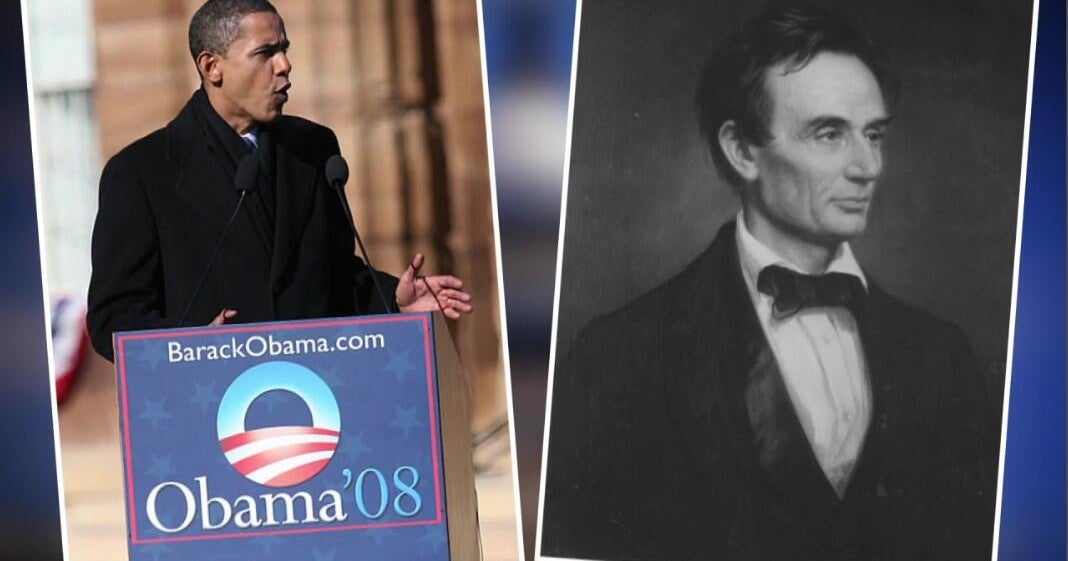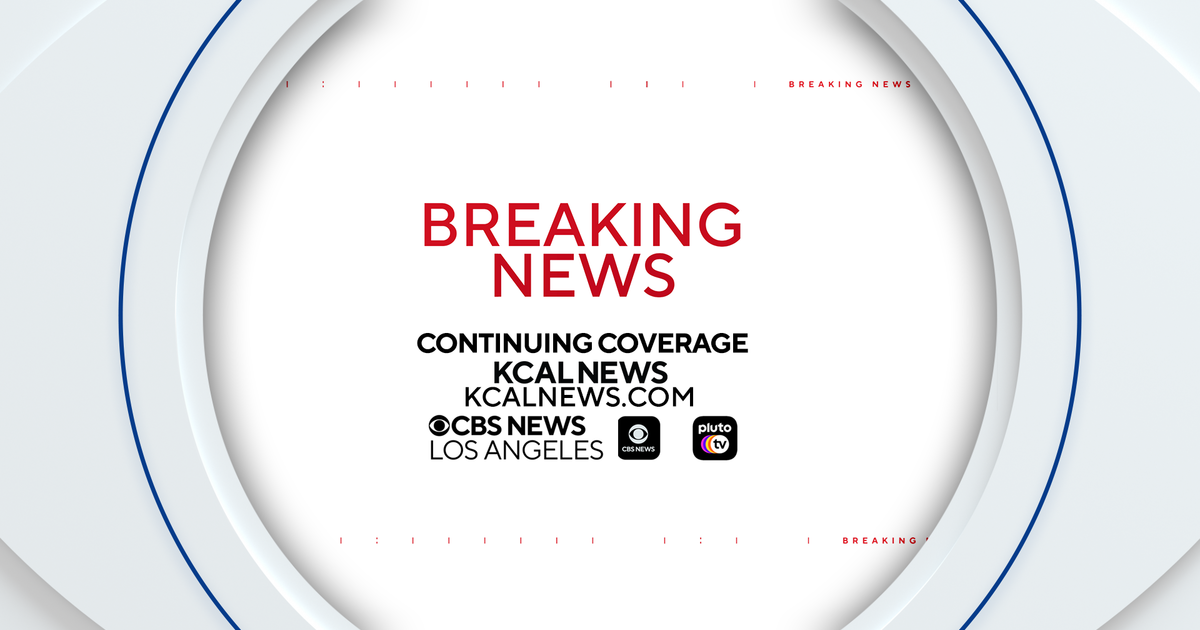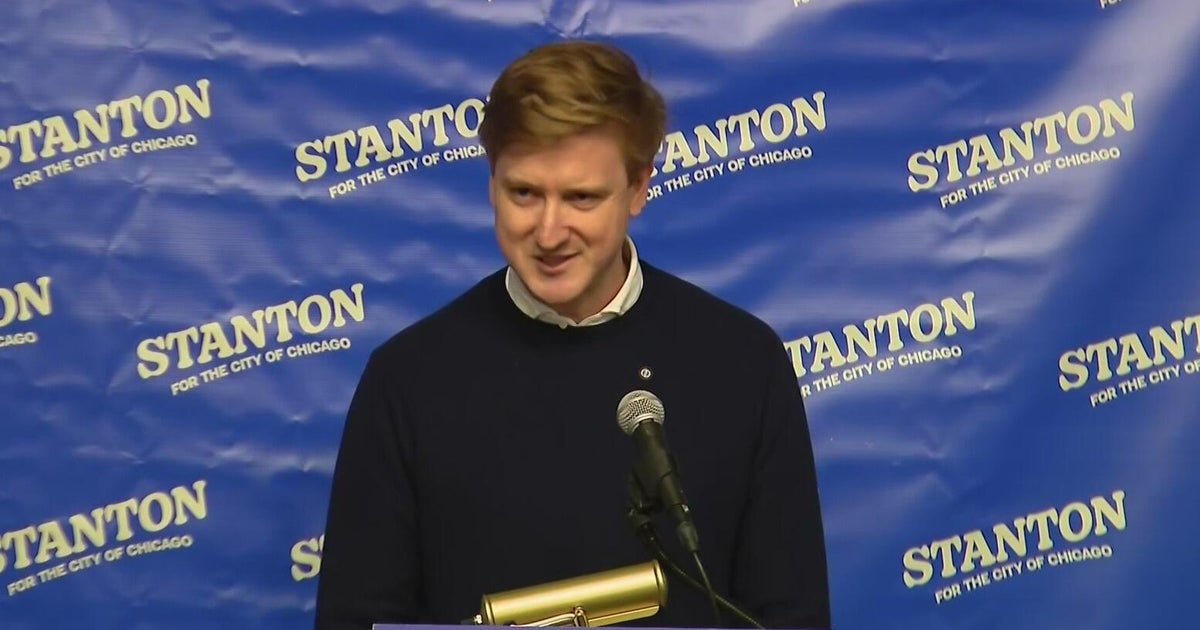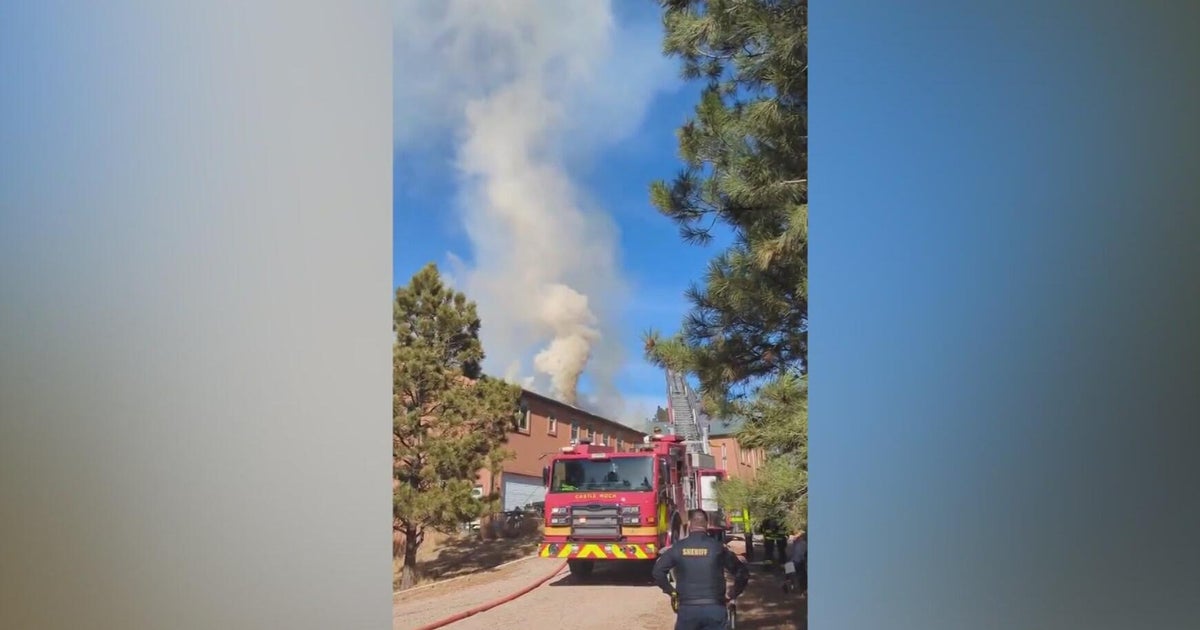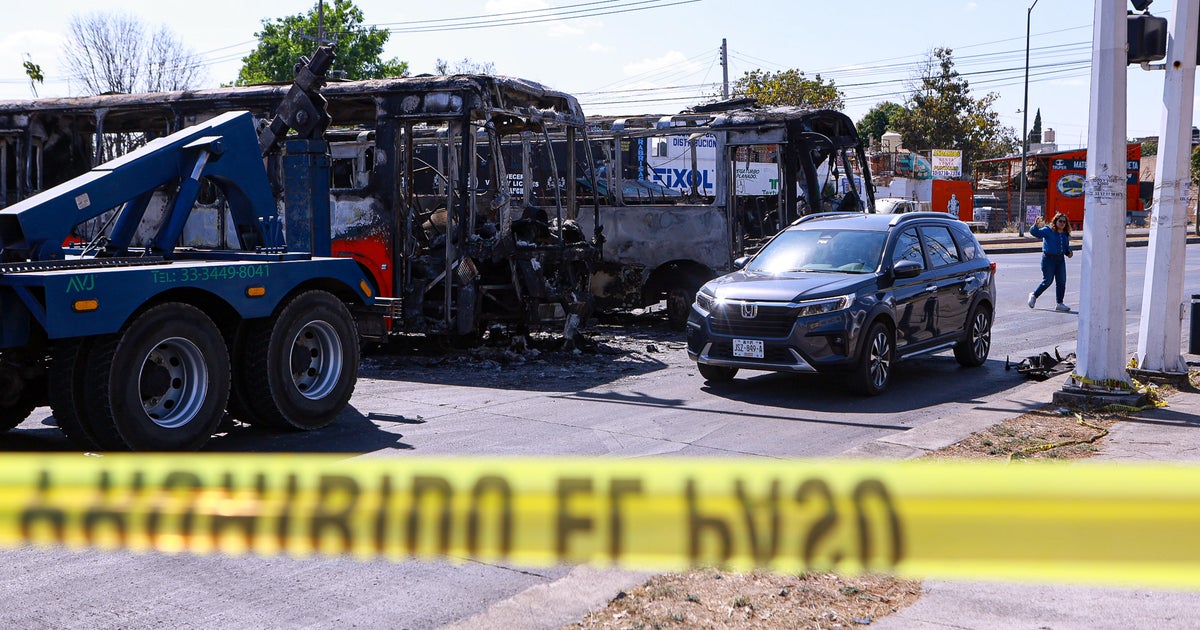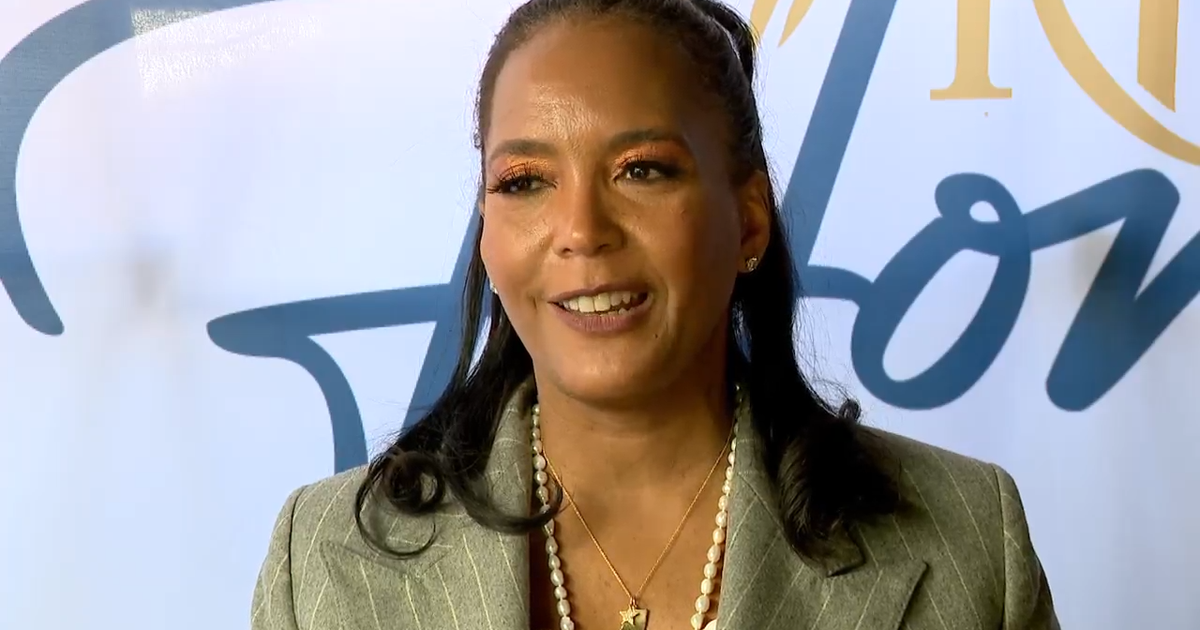President Joe Biden Unveils $2 Trillion Infrastructure Plan In Pittsburgh
PITTSBURGH (KDKA/AP) -- President Joe Biden unveiled a $2 trillion infrastructure plan during a visit to the Pittsburgh area this afternoon.
The "American Jobs Plan" plan, part of President Biden's "Build Back Better" agenda, involves addressing the climate crisis, environmental justice, creating good-paying jobs and the biggest focus will be improving infrastructure.
Biden's choice of Pittsburgh for unveiling the plan carried important economic and political resonance. He not only won Pittsburgh and its surrounding county to help secure the presidency, but he launched his campaign there in 2019.
The city famed for steel mills that powered America's industrial rise has steadily pivoted toward technology and health care, drawing in college graduates in a sign of how economies can change.
The Democratic president's infrastructure projects would be financed by higher corporate taxes — a trade-off that could lead to fierce resistance from the business community and thwart attempts to work with Republican lawmakers. Biden hopes to pass an infrastructure plan by summer, which could mean relying solely on the slim Democratic majorities in the House and the Senate.
The White House says the largest chunk of the proposal includes $621 billion for roads, bridges, public transit, electric vehicle charging stations and other transportation infrastructure. The spending would push the country away from internal combustion engines that the auto industry views as an increasingly antiquated technology.
An additional $111 billion would go to replace lead water pipes and upgrade sewers. Broadband internet would blanket the country for $100 billion. Separately, $100 billion would upgrade the power grid to deliver clean electricity. Homes would get retrofitted, schools modernized, workers trained and hospitals renovated under the plan, which also seeks to strengthen U.S. manufacturing.
The new construction could keep the economy running hot, coming on the heels of Biden's $1.9 trillion coronavirus relief package. Economists already estimate it could push growth above 6% this year.
Separately, Biden will propose in the coming weeks a series of soft infrastructure investments in child care, family tax credits and other domestic programs, another expenditure of roughly $2 trillion to be paid for by tax hikes on wealthy individuals and families, according to people familiar with the proposal.
Funding the first $2 trillion for construction and "hard" infrastructure projects would be a hike on corporate taxes that would raise the necessary sum over 15 years and then reduce the deficit going forward, according to a White House outline of the plan. Biden would undo a signature policy achievement of the Trump administration by lifting the corporate tax rate to 28% from the 21% rate set in a 2017 overhaul.
To keep companies from shifting profits overseas to avoid taxation, a 21% global minimum tax would be imposed. The tax code would also be updated so that companies could not merge with a foreign business and avoid taxes by moving their headquarters to a tax haven. And among other provisions, it would increase IRS audits of corporations.
Democrats are embracing the plan, but many Republicans and business leaders are blasting it for its spending and taxes. The U.S. senators from Pennsylvania have released these statements.
Democrat Sen. Bob Casey said, "Today, President Biden laid out a plan to rebuild our infrastructure, create jobs and grow incomes for hardworking families. His plan also includes the bold investment that I have called for in home and community-based services, which will allow seniors and individuals with disabilities to receive care in the setting of their choice, lift up the caregiving workforce and make permanent funding from my bill in the American Rescue Plan. This is what 'building back better' is all about. In addition to laying out a detailed plan to upgrade our roads and bridges, President Biden has put forth commonsense ideas for how to finance these investments. Congress should quickly move forward on this legislation."
Republican Sen. Pat Toomey said, "We can and should do more to rebuild our nation's physical infrastructure. I am happy to work with anyone who wants to make responsible progress. That means funding these improvements through a negotiated combination of user fees and reductions in wasteful, outdated, and duplicative government spending. Pre-pandemic, the federal government was spending around an eye-popping $4.5 trillion annually. We added $4 trillion in additional spending in response to the pandemic and recession last year. This year, the Biden administration wants to do even more total spending, despite the fact that the economic recovery is well underway. However, rather than offsetting this enormous spending binge responsibly, the Biden administration is pushing a massive tax increase by undoing large portions of the Tax Cuts and Jobs Act. That 2017 tax reform helped create the best American economy of my lifetime. We should be trying to get back to that economy, not making American workers and businesses less competitive globally."
Pittsburgh is a series of steep hills and three intersecting rivers. Its steel mills once covered the sky in enough soot that men needed to take spare white shirts to work because their button-downs would turn to gray by lunch. Only last year the city, amid the coronavirus pandemic, met Environmental Protection Agency standards for air quality, even though it is increasingly the home of tech and health care workers with college degrees.
Pennsylvania's Democratic Gov. Tom Wolf released a statement in support of President Biden's plan, saying, "Our infrastructure is a critical component to our economic recovery. As businesses recover and our workforce grows, they depend on our vast transportation network. Infrastructure projects are also job creators, further spurring economic growth. Ensuring reliable broadband internet access is increasingly important for all Americans. From education and work to healthcare and social connection, this access is the key to bridging the digital divide. Broadband access is only truly successful if those who are living, working and learning are in stable structures. Ensuring strong and stable housing, commercial buildings and schools is critical for safety and energy efficiency. I share the president's priorities, which would build on my administration's previous Restore PA plan and current Back to Work PA plan, and I look forward to working with the Biden Administration in its efforts to make this plan a reality."
(TM and © Copyright 2021 CBS Broadcasting Inc. All Rights Reserved. This material may not be published, broadcast, rewritten, or redistributed. The Associated Press contributed to this report.)


